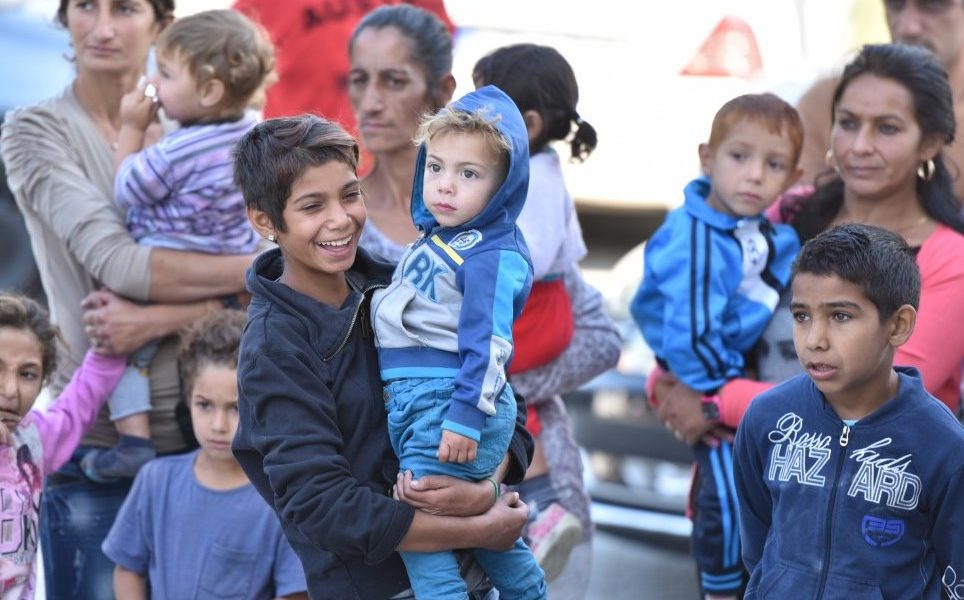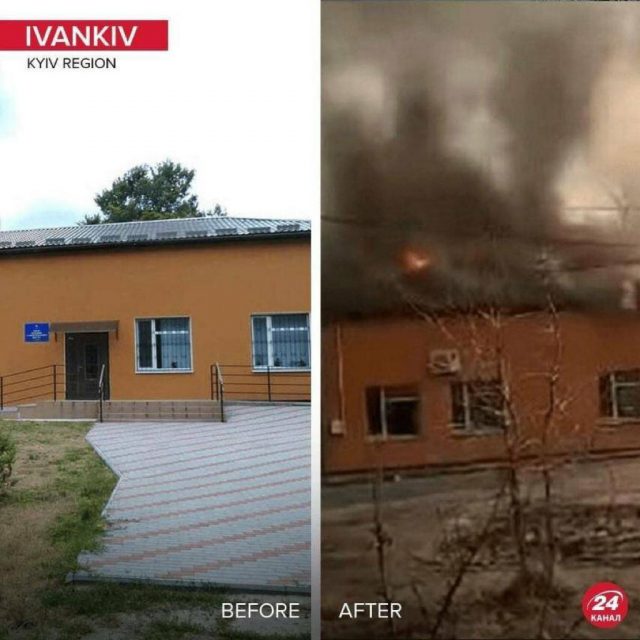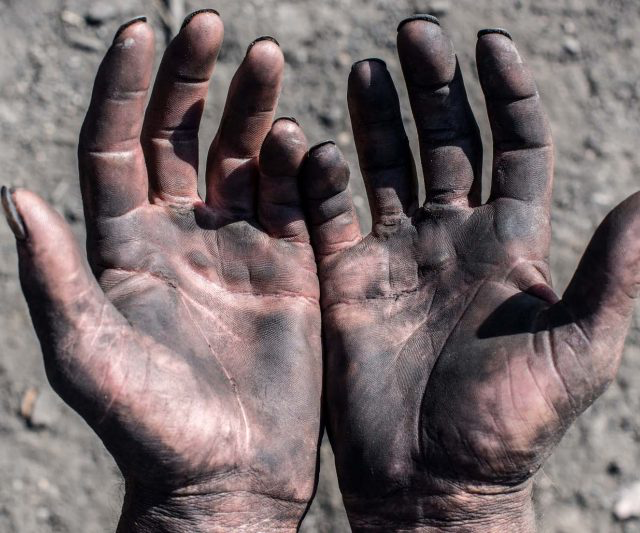In light of increasing cases of COVID-19 across Europe and the European Green Deal being discussed this month activists and campaigners including the European Environmental Bureau (EEB), the European Roma Grassroots Organizations Network (ERGO), the European Public Health Alliance (EPHA), the Partners For Democratic Change Hungary, the PAD Foundation, the Slovak Academy of Science, the Association of Roma Women of Dendropotamos, the Desire Foundation, and the Forum for Human Rights are urging the EU to include environmental justice and equality for Roma in Europe as an integral part of the new EU Framework as the National Roma Integration Strategies (NRIS) comes to an end in 2020.
Roma communities across eastern and Central Europe are impoverished, plagued by high unemployment and exposed to anti-gypsism. They are also more vulnerable to COVID-19 as they lack access to even basic clean drinking water and sanitation. The second wave will make their situation worse.
A recent report by the Slovak Academy of Science in collaboration with the Roma Institute titled “Ensuring access to sanitation infrastructure” finds evidence that not only do Roma neighbourhoods lack access to clean drinking water, they are also victims of climate change and environmental racism. It found that Roma often live next to toxic landfills and flood-prone neighbourhoods, and that access to potable water and the public waste management systems are discriminatory.
Marek Szilvasi, team manager on environmental justice for Roma at the OSF, which funded the report, said that even though the right to water sanitation are rights recognized by the UN, European Roma are being left to live in unsafe environments detrimental to their health and wellbeing. “In fact, lack of concrete data on access to sanitation for Roma made it easier to neglect this issue.”
This is the first time a detailed study by a reputed organisation has found how the of the lack of sanitation has led to an increase in infectious diseases. It provides a unique set of evidence on structural determinants of Roma health.
Szilvasi, who has spent years working for better health and sanitation for Roma, further notes that Roma settlements are often placed near mining and smelting complexes, former military bases and landfills. “Often, environmental services, such as green areas or water sources are used as a direct strategy of racism practised against Roma. For instance, cutting-off water provisioning in the middle of a heatwave. Environmental racism against Roma is found in urban, semi-urban, and rural settings across Central and South-Eastern Europe. They often face forced evictions in the name of green areas restoration. And in some cases, evictions to heavily polluted mining complexes or water treatment plants expose Roma communities to lead poisoning and radiation.”
NGOs across Central and Eastern Europe are concerned about the impact structural inequality and environmental racism is having on the health of Roma.
Dan Petacq Alexandru, the president of Romano Suno, the Roma Students from Cluj Association, says,“If you want to solve the social inclusion of the Roma from Pata Rât you definitely have to move them away from that place. You cannot socially integrate a population if you keep them next to a mountain of garbage, there is nothing in there, no access to utilities, only pollution.”
Roma have been subjected to historical prejudices across Europe. In Hungary, where the Roma community makes up nearly a tenth of the population, Roma women have a life expectancy roughly 18 years lower than non-Roma counterparts. While, in Bulgaria, nearly 90 percent of the 750,000 members of the Roma community do not have access to safe water, while less than half have access to health care.
Case study: An example of an extremely vulnerable settlement is the village of Šalov in the district of Levice in Slovakia. The 363 inhabitants, of whom 56% are of Roma origin, live without any water supply. Residents use their own wells and 80% of them discharge sewage water without any treatment, leading to the danger of polluting wells. It illustrates the point that municipalities where the inhabitants do not use any method of sewage treatment are more vulnerable to different diseases.
While still denied sanitation and clean water, Roma are now increasingly becoming victims of climate change as well. In Slovakia, climate change induced flooding is becoming common in Roma settlements. Places such as Straňany, Michalovce – land that does not qualify for settlement due to regular flooding – is inhabited by the Roma. Roma families in Hermanovce often wake up to flooding as they live at the fork of the river and are often overrun by mud and faecal contaminants due to lack of sewage or sanitation.
The pressure on European governments is mounting, urging them to address these issues. The EPP Group has called for a fresh start of Roma integration policies in Europe and have presented a policy paper. Amongst others, the paper proposes measures for better access to drinking water and to sanitary services for Roma.
European Green Deal promises that no one will be left behind. However, campaigners fear that without well thought out policies, it could lead to further inequality in society. Zeljko Jovanovic, director of the Open Society Roma Initiatives Office said, “The green transition must not lead to more job losses among the poorest segments of the population and in turn, pit poor non-Roma against poor Roma. It must not lead to an increase in the cost of home heating for the poorest but support them in finding new and affordable sources of energy. It must not lead to forced evictions but affordable green housing and infrastructure deserving of 21st century Europe.”




